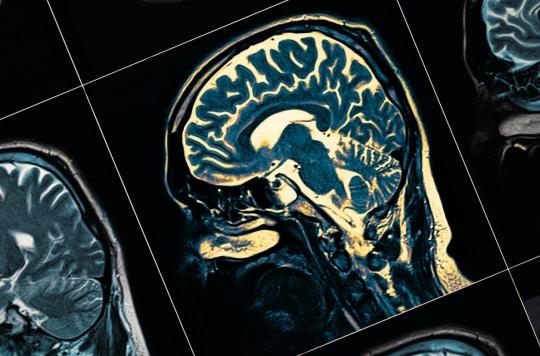Microplastics smaller than 2 micrometers accumulate in immune cells in the brain and destroy them. The brain is thus no longer protected. Explanations.

- Microglial cells have immune functions and can thus defend brain tissue.
- But the accumulation of microplastics in the brain destroys them.
It measures less than 5 millimeters and yet it wreaks havoc: microplastic. It is a plastic particle having a size of less than 5 millimeters. In nature, it is extremely harmful for the environment, fauna and flora but also for human health, including our brain.
Microplastics accumulate in microglial cells
According to a team of South Korean researchers, microplastics manage to enter the brain and accumulate in microglial cells, small cells immune system central nervous system. Their functioning is thus disturbed, they end up dying and the brain is no longer protected. The work of the scientists has just been published in the journal Science of The Total Environment.
Humans also ingest microplastics
Each year, eight million pieces of plastic waste are produced by humans. Contact with the sun or the sea reduces them to microplastics that can be eaten by animals in the wild. Then, when a human eats a fish for example, he therefore ingests microplastics through it. It is mainly in this way, through the food chain, that microplastics arrive in our body.
Microplastics below 2 micrometers enter our brains
To achieve their results, the researchers conducted their work on mice. They found that microplastics smaller than 2 micrometers – or 0.002 millimeters – in diameter could cross the blood-brain barrier. The latter is a physiological barrier that protects our brain from toxins and many other pathogens present in the blood. When we ingest microplastics, therefore, they enter our brain through this blood-brain barrier and then accumulate in the microglial cells. These are disturbed, die and no longer protect the brain.
Even in the short term the immune responses of our brain are affected
“Study shows that microplastics, especially those smaller than 2µm, begin to deposit in the brain and cause alterations in our immune responses, even after short-term ingestion over seven daysassures Seong-Kyoon Choi, the head of the study, in a press release. Going forward, the team of scientists want to continue research to better understand how these microplastics accumulate in the brain.
.















